I'm an atmospheric fiction writer who strives to fill your reading time with hugging warmth, laughter and freeing adventure || https://www.royalroad.com/profile/623022 || https://www.wattpad.com/user/maynestarlit || https://m.tapas.io/Maynestarlit || https://www.inkitt.com/Maynestarlit
Don't wanna be here? Send us removal request.
Text
Posted a new chapter of 'The Robot Duke & I are in a QPR'
https://tapas.io/series/therobotdukeandi
https://www.royalroad.com/fiction/103067/the-robot-duke-i-are-in-a-qpr
https://www.wattpad.com/story/387938460-the-robot-duke-i-are-in-a-qpr
https://www.inkitt.com/stories/humor/1400719?utm_source=shared_ios
Sorry for the slight delay!

#aroacewriting#aroace#writeblr#writers on tumblr#writerscommunity#writing#the robot duke and i are in a qpr#qpr#web story#wattpad#inkitt#royal road#tapas creator#tapas novel#tapas
0 notes
Text
Writing Notes: Fragrance Classification

Citrus
lemon, sweet orange, mandarin, grapefruit, lime, lemongrass, bergamot, citral, dihyromyrcenol
Floral
rose, jasmine, ylang ylang, muguet (lily of the valley), tuberose, orange blossom, violet, gardenia; types of floral scents: aldehydic, fruity, white, transparent ozonic, spicy
Oriental
vanilla, benzoin, labdanum, coumarin, civet, tolu balsam, oakmoss, musks, spices, woods; types of oriental scents: gourmand, woody, floral
Chypre
bergamot, oakmoss, labdanum, patchouli, vetiver, benzoin, castoreum
[The chypre family is derived from materials traditionally found on the island of Cyprus (Chypre, in French), which was a hub of the aromatics trade for many centuries. In 1917, Francois Coty, who was originally from Corsica, created a fragrance called Le Chypre based on bergamot, oakmoss, labdanum, jasmine, and animalic musks. Although no longer produced today, there are echoes of Le Chypre in all fragrances in this category.]
Fougére
coumarin, lavender, oakmoss, citrus
[This category is named after a specific perfume: Fougére-Royale (meaning royal fern). Created in 1882 by Paul Parquet, chief perfumer at Houbigant, Fougére Royale was originally sold as a toilet soap. It was a “fantasy” accord in that it was made to imitate the aroma of an odor-less fern. These days we’re used to fragrances evoking imaginary flowers or other abstract themes, but at the time this “fantasy” perfume was seen as ground-breaking.]
NOTE
Classifying fragrances into families makes it easier to understand their composition and also helps the fragrance buyer work out what they prefer.
It is quite likely that if you are fond of a particular fragrance, then you will also like others in the same category. Fragrances fit within particular families due to their unique combinations of ingredients.
It may be fairly straightforward to work out if a fragrance is a citrus or a single floral note, but some are a little more tricky without some technical knowledge.
Other than smelling, knowing the vocabulary used in perfumery deepens your understanding and will help you to recognize different scents more easily.
Source: Perfume: The Art and Craft of Fragrance by Karen Gilbert
273 notes
·
View notes
Text
It's so relieving to finish the first draft. Genuinely, any writing isn't supposed to be perfect immediately, just get something on, even 20%. It's satisfying to look at something solid and be able to start refining it/filling it in. Even if you rewrite everything. It's a track your train can start moving on! Gets rid of the overwhelm
#especially with web stories#mayne writes#writeblr#writers on tumblr#writer stuff#writerscommunity#writing#writer things#writer thoughts
7 notes
·
View notes
Text
I wanted to write today… but my brain said, “Nope.” Not sure if it’s a motivation issue or just good old-fashioned writer’s block, but either way—progress needed to happen.
So, I cheated (but like, in a totally productive way). I followed my plot outline and wrote just the dialogue. No fancy descriptions, no deep internal monologues—just vibes and conversation. And you know what? It worked.
I once said that the only job of the first draft is to exist. A skeletal scene with dialogue and the barest hint of description? Totally fine. That’s what the second draft is for. Future Me can deal with the details—Current Me just needs to keep the story moving.
1K notes
·
View notes
Text
Yes, you love all of your stories but there's that one which you adore with all your heart and soul. It gives you all the warm fuzzy feelings and joy. Truest expression coming from deep beneath your being
#i love it#mayne writes#writeblr#writers on tumblr#writer stuff#writerscommunity#writing#writer things#writer thoughts
12 notes
·
View notes
Text
Ough, the patience you need when writing the development of a relationship (of any kind). I just wanna be in the depth already
#be best friends already!#but patience#seeing them develop is very satisfying though#mayne writes#writeblr#writers on tumblr#writer stuff#writerscommunity#writing#writer things#writer thoughts
21 notes
·
View notes
Text
Writing Notes: On Food
A compilation of notes on how to describe food in writing.
How to Describe Food: Flavour & Texture
1. Write about the flavour.
Rich -> full, heavier foods. Often used to describe foods containing cream (e.g., potatoes & garlic, soup, and chocolate cake).
Bland -> has little or no flavour.
Bitter -> a tart, sharp, and sometimes harsh flavour (e.g., coffee).
Citrusy -> a bright flavour (e.g., lemons, limes, oranges, and other citrus fruits).
Fresh -> a light and crisp taste. Often used to describe produce or herbs. (e.g., apples, lettuce, cucumbers, carrots, etc. Or bakery items like breads, muffins, etc.)
Fruity -> any taste reminiscent of sweet fruit flavours (e.g., grapes, blueberries, peaches, etc.).
Smoky -> a taste reminiscent of the smell of smoke (e.g., BBQ).
Sour -> a biting, tangy, tart flavour (e.g., lemons, Sour Patch Kids, and other sour candies).
Sweet -> a sugary flavour (e.g., candies, ice creams, desserts, etc.).
Zesty -> a fresh, vivid, or invigorating flavour (e.g., tacos, Italian pasta salad, etc.).
2. Write about the texture:
Mushy -> soft, but in an unpleasant way (e.g., if you cook vegetables too long, they’ll get mushy).
Tough and chewy -> are similar. Both describe foods which are difficult to eat because you have to chew them for a long time (e.g., meat can be tough or chewy, especially if it’s cooked too long and it gets dry).
Tender -> similar to ‘soft’, but it’s mostly used to describe meat which is cooked well, so it’s soft and juicy.
Crunchy -> food that makes a lot of noise when you’re eating them (e.g., dry food – like potato chips, or hard cookies – can be crunchy).
Words to Describe Different Flavours
For rich, spicy, or savoury flavours. The following words represent complex, spicy, or flavourful seasonings and dishes: buttery, caramelized, peppery, piquant, salty, sapid, saporous, savoury, smoky, spicy.
For sweet or fresh flavours. These descriptors characterize fresh or sugary dishes: ambrosial, bittersweet, bright, fruity, honeyed, minty, nectarous, saccharine, sharp-tasting, sweet, syrupy, treacly, zesty.
For subtle flavours. Some dishes are on the milder side. You can use one of these words to describe the taste: bland, mellow, tasteless.
For sour flavours. A sour or complex taste can be challenging to articulate. Here are some descriptive words to help: astringent, briny, citrusy, fermented, sour, tart, vinegary.
For hard or crunchy textures. Use these words to describe a crispy or chewy texture: broiled, caramelized, crusty, flaky, leathery, sizzling, thick, thin, toasted, toothsome.
For soft or fluid textures. These words can help you describe drinks, desserts, or other soft items: crumbly, doughy, fizzy, gooey, juicy, luscious, mashed, mushy, rubbery, runny, simmered, smothered, spongy, sticky, tender, velvety, waxy.
For the smell of food. Here are common food adjectives you can use to describe smells: acrid, astringent, bright, citrusy, fermented, heady, honeyed, minty, nutty, peppery, pungent, rancid, rotten, smoky, sour, vinegary.
Tips for Describing Food in Writing
Be specific. There are a lot of food words that are vague or general, like “delicious,” “yummy,” “succulent,” “delectable,” “mouth-watering,” or “finger-licking.” Avoid these overused phrases. Focus on the food's particular flavour, texture, or smell to make your writing more evocative and precise. Rather than describing a soup as “tasty” or “scrumptious,” try more specific words like “buttery,” “chunky,” or “minty.”
Consider your purpose. Decide if your goal is to explain a culinary experience or make the food sound appetizing. A clear understanding of your intention and target audience can help you shape your writing to be the most compelling.
Evoke all the senses. While you lean heavily on taste to describe food, remember to explore the texture, smell, sight, and sound of a dining experience as well. Including sensory language that incorporates the other senses creates a more robust experience for readers.
Sometimes less is more. Food writing is most effective when it’s focused, allowing readers to zero in on the essential details of the dish. If you include too many descriptors or attach multiple adjectives to each noun, you can overwhelm or confuse readers.
Sources: 1 2 3 ⚜ More: Writing Notes & References ⚜ 100 Sensory Words
If these writing notes helped with your poem/story, please tag me. Or leave a link in the replies. I'd love to read them! Writing Resources PDFs
440 notes
·
View notes
Text
Character A: "He's such a good soul, bless his heart, he cannot even spell the word misogyny."
#Cue to Character B: It's spelled M-y-s-o-j-e-a-n-e :)#Character C: Ah yes my favorite jeans—misogyny#writeblr#writing prompt#writing dialogue#dialogue prompt#character dialogue#writers on tumblr#mayne writes#writing#writerscommunity
20 notes
·
View notes
Text
Do you find it harder to write when you're emotionally disconnected?
#i think writing with emotions is really beautiful too#mayne writes#writeblr#writers on tumblr#writer stuff#writerscommunity#writing#writer things#writer thoughts
11 notes
·
View notes
Text
Posted the 12th chapter of 'The Robot Duke and I are in a QPR' ! This was a fun one (and a relaxing) one to write. Hopefully you will feel as if you're on a break too.

#the robot duke and i are in a qpr#mayne writes#aroacewriting#aroace#aro#ace#writeblr#writers on tumblr#writer stuff#writing#writerscommunity
0 notes
Note
I'm really struggling with motivation and haven't touched any of my WIPs in a couple weeks. Do you have any tips on staying motivated?
Every writer knows that feeling of demotivation, when the words just won’t come, and opening your work-in-progress feels like an insurmountable task. It’s hard not to feel the draw of the TV show everyone else is watching or that book that everyone is raving about when you’re faced with a blank page. So how do you stay motivated to write?
It’s completely normal to experience periods of low motivation, but there are always strategies you can try to help you get back on track.
Understand what’s really blocking you
When we’re not motivated to write, we often label it as writer’s block. It’s a catch-all term that lets us put a label on how we’re feeling. We get to blame our lack of motivation on some ephemeral writer’s malady, when usually it’s something concrete and fixable. Before trying to force yourself back to writing, take a moment to identify what’s really holding you back:
Are you stuck on a particular plot point?
Has your inner critic become too loud?
Are you overwhelmed by the scope of your project?
Have you lost connection with your story’s core idea?
Are you physically or mentally exhausted?
All of these are valid, and very real reasons why we might experience writer’s block. But understanding the root cause can help you choose the most effective strategy to overcome it and stay motivated.
Create a sustainable writing routine
Motivation is unreliable, but habits are powerful. We can trick our brains into staying motivated just by having a routine that we expect to follow. It stops us overthinking things and keeps us grounded in the physical activity. Instead of waiting for inspiration to strike, you could try to:
Set aside a specific time for writing each day, even if it’s just 15 minutes.
Create a dedicated writing space that’s free from distractions.
Develop pre-writing rituals that signal to your brain it’s time to work.
Track your progress to build momentum.
Celebrate small wins along the way.
Remember, you don’t need to write for hours. Consistent small sessions are often more productive than irregular marathon writing. You can build a routine that works for you. If you can only write for 20 minutes on Mondays, Wednesdays, and Thursdays, then that’s fine. But set aside time that is there for writing that isn’t just “when I feel like it.”
Connect with your story again
Sometimes we lose motivation because we’ve lost touch with what excited us about our story in the first place. A fresh idea might come along and pull us in a different direction. We might even find ourselves in a different mental state that means the original idea isn’t as appealing as it once was. When this happens, first, examine whether you genuinely want to continue with the project you’re working on. If the spark is really gone, then there is no shame in shelving the project and working on something new. But if you know you want to continue, then you can try these techniques to rekindle that spark and stay motivated to write:
Reread your favourite scenes.
Write character backstories and do some worldbuilding, just for fun.
Create a mood board or playlist for your story.
Set a timer, and freewrite about why this story matters to you.
Imagine telling someone about your book in an interview and write out your answers.
Revisiting your story in a way that goes beyond the work of it can make a world of difference when trying to reconnect.
Find your community
Writing doesn’t have to be a solitary pursuit. Having support can make a huge difference in staying motivated. Seeing someone else get excited about your story, or genuinely helping you to improve it can be a massive part of staying motivated. You could try to:
Join a writing group or find a writing buddy to bounce ideas off and give each other critiques.
Share your goals with someone who will hold you accountable. There’s no bigger motivator than having to justify your lack thereof to someone else.
Participate in writing challenges or events. A deadline and a shared goal can be a great push to get some writing done.
Consider working with a writing coach or mentor. This won’t work for everyone, but for some people, the structure really helps.
Change your perspective on motivation
Instead of viewing motivation as something you need before you can write, try seeing it as something that comes from writing. I’m often not in the mood to write when I sit down at my desk, but once I get started, I almost always get in flow. Some ways to shift your mindset might be to:
Focus on process over product. Enjoy the act of writing and worry less about the finished product.
Give yourself permission to write imperfectly. There’s no such thing as a perfect first draft. Hating your writing is the biggest demotivator, but just remember, everyone’s first draft is terrible compared to what gets published.
Set achievable goals that build confidence. This means keeping your goals realistic and not setting yourself up to fail. A goal as simple as 10 words a day means you can see progress, instead of having something huge and unattainable looming over you.
When motivation simply isn’t there
Sometimes, despite our best efforts, motivation remains elusive. And sometimes it’s ok to not stay motivated, and there are usually good reasons for that. If you really can’t get back into the swing of things, then be gentle with yourself and try the following to make sure that this is really the project for you:
Take a deliberate, guilt-free break.
Set a specific date to return to your project.
Use the time off to refill your creative well through reading or other activities.
If journaling is something that works for you, write about your writing struggles and try to interrogate them.
Consider if your project needs to evolve in a new direction.
If you’ve tried the above (or some personal variation of it) and you still don’t have the motivation to keep going on your project, then it might be time to shelve it and move onto another project that does excite you. Sometimes you just can’t force creativity.
Practical exercises to boost motivation
Write a letter from your future self celebrating completing your project. Seal it, and only open it when you get to the finish line.
Set a timer for 5 minutes and write anything. Starting is often the hardest part.
Create a “done list” instead of a to-do list to recognise your progress and take focus away from the tasks still ahead of you.
Interview your characters about where they want the story to go. It’s fun and helps spark ideas.
Write something else for a little while to give yourself a break from just working on the one project.
Remember, motivation isn’t a constant state. It’s normal for it to come and go. The key is building systems and habits that help you continue making progress, even when it’s hard to stay motivated. Trust that your story is worth telling, and keep showing up for it, one word at a time.
60 notes
·
View notes
Text
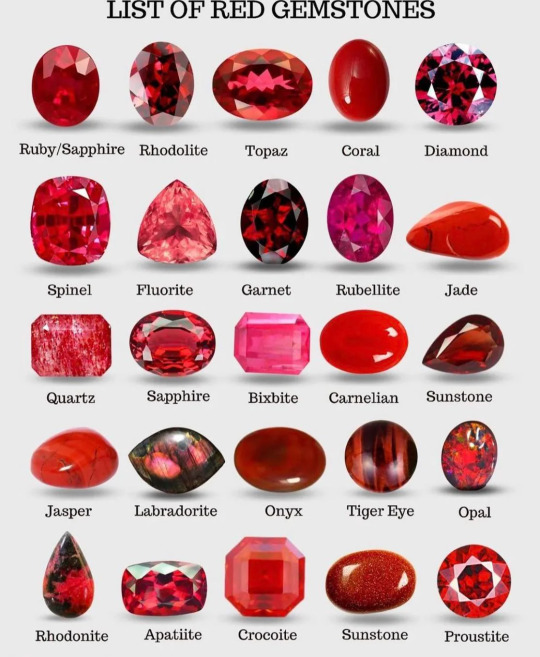
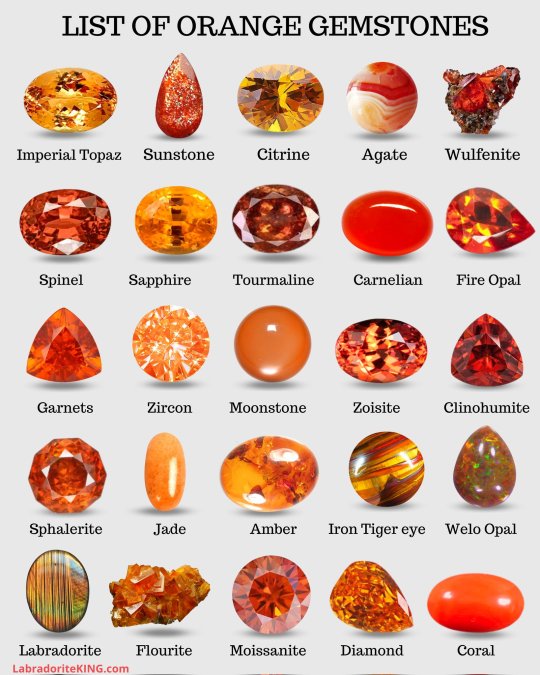
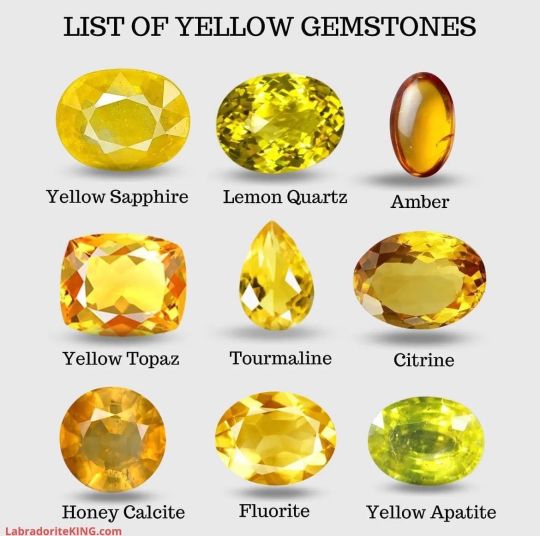
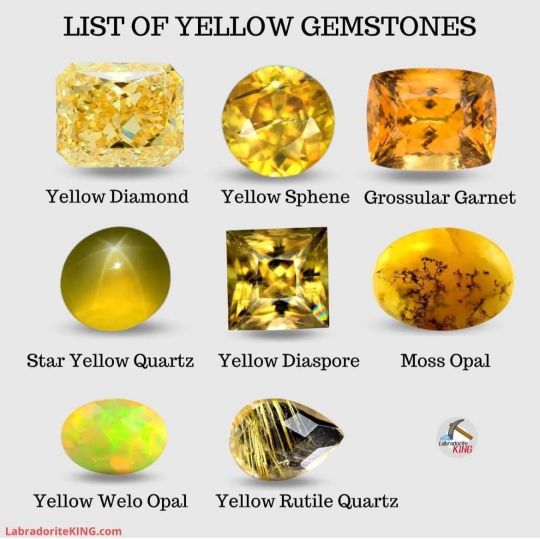
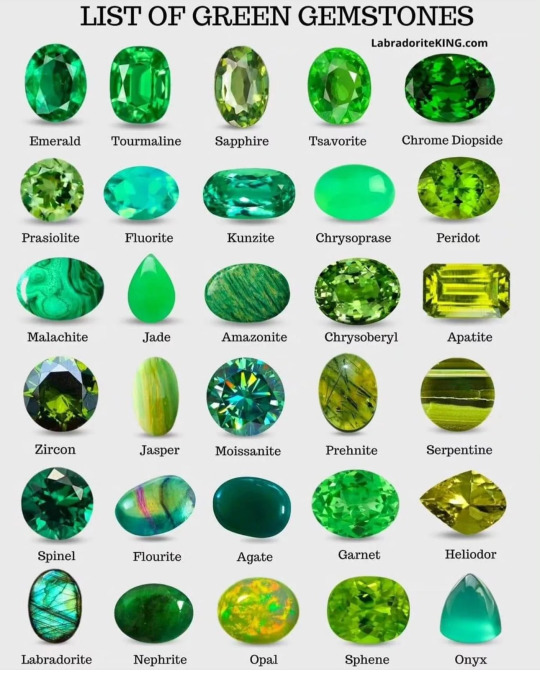
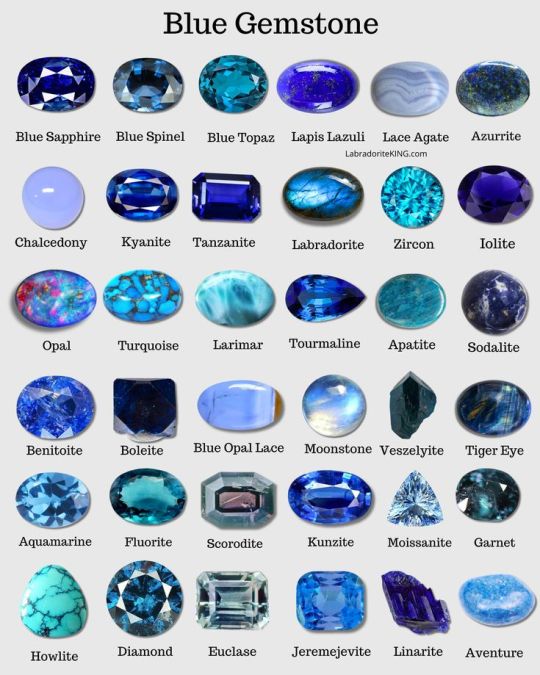
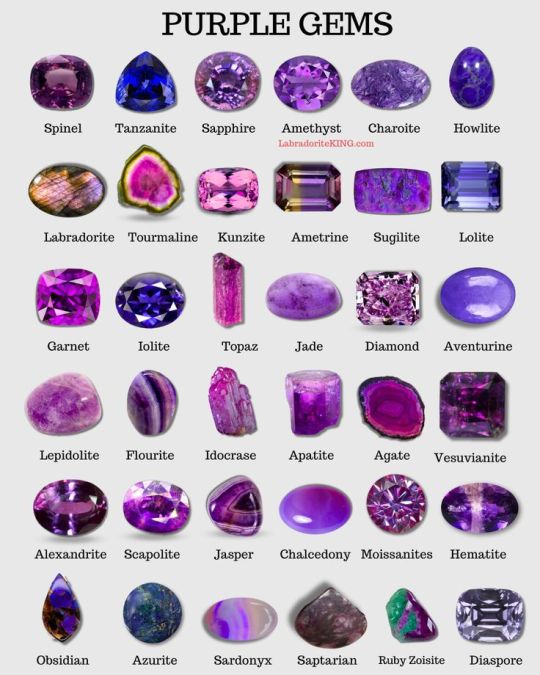
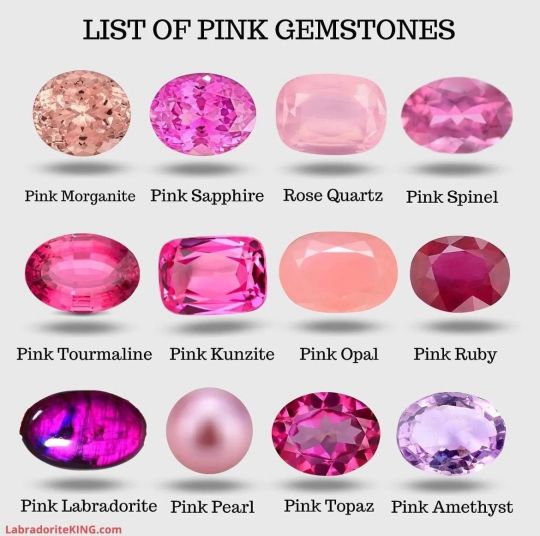
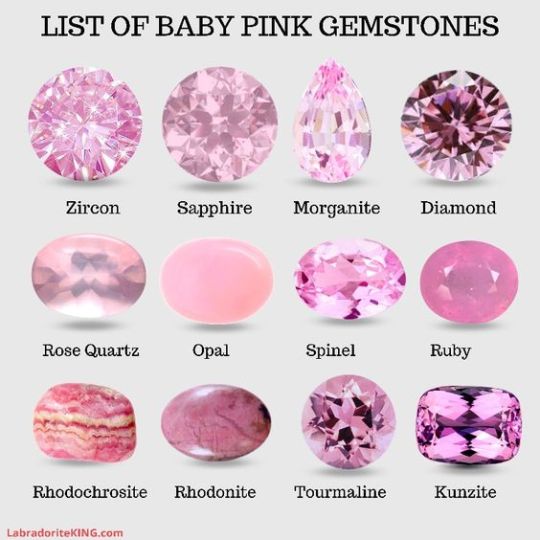
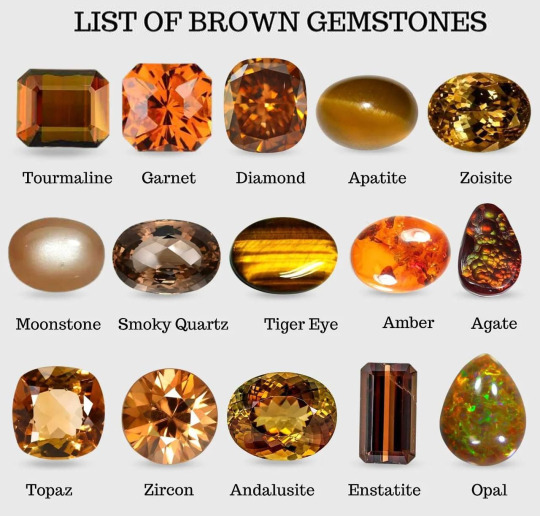
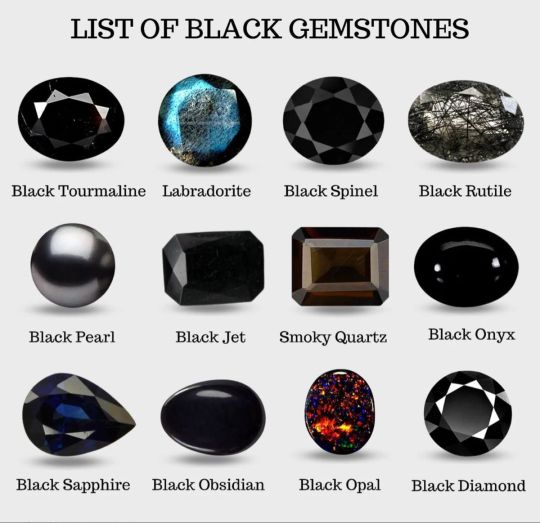

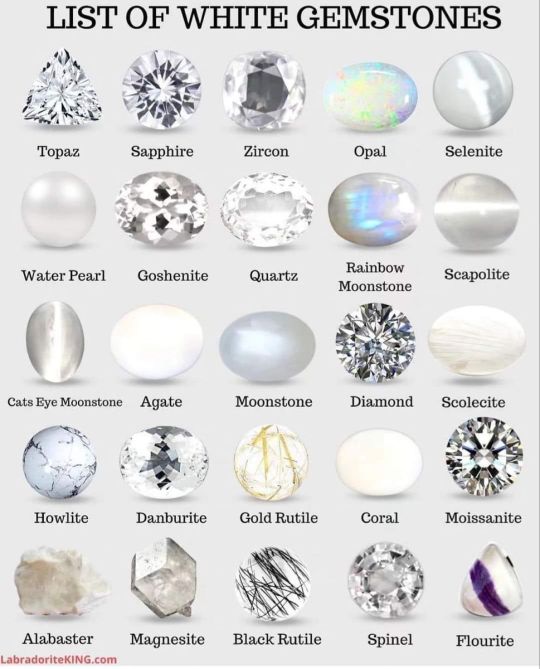
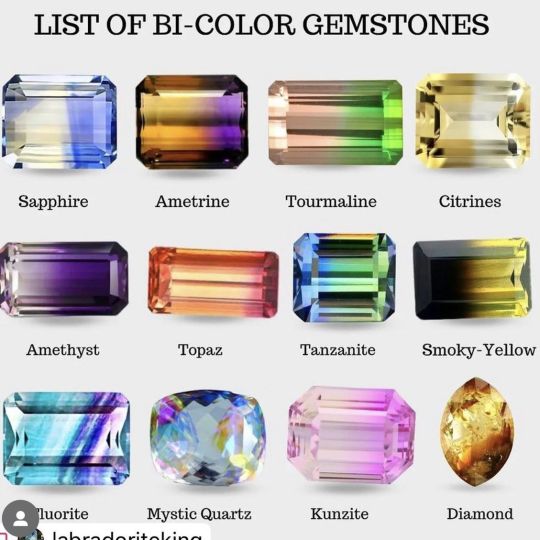
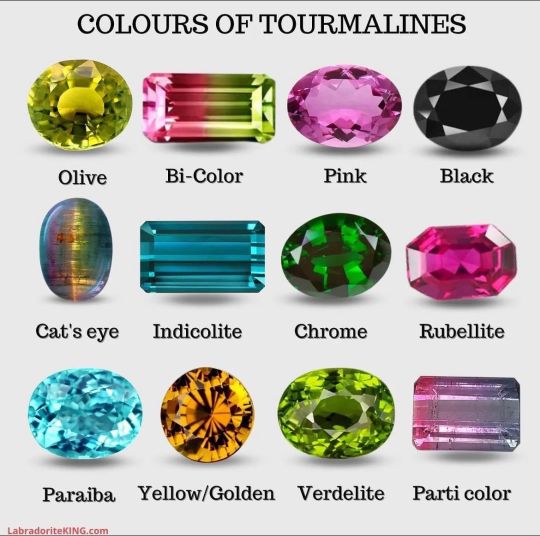
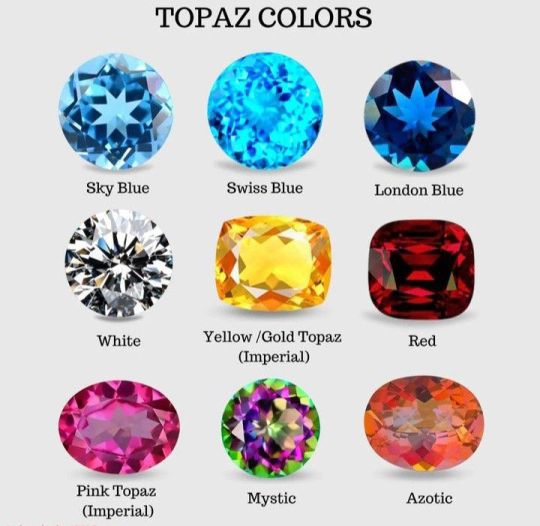
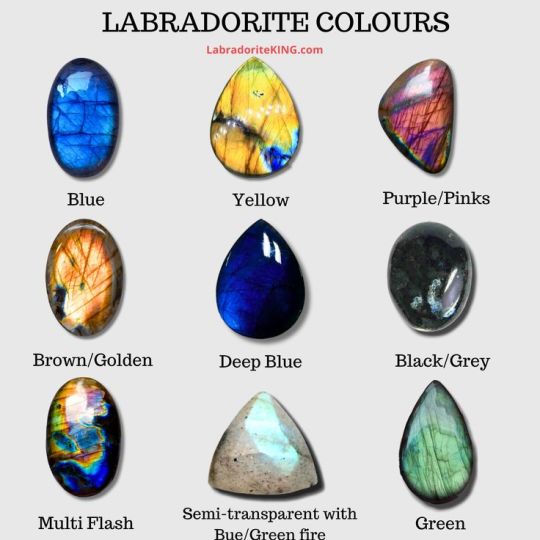
By LabradoriteKing on Pinterest
168K notes
·
View notes
Text
easily take all of my characters as asexual because I do not like that three-lettered word and anything to do with it
#almost everyone is aroace tbh#mayne writes#asexual#ace#writeblr#writers on tumblr#writer stuff#writerscommunity#writer things#writing#writer thoughts
4 notes
·
View notes
Text
A List of "Poetic" Words
to include in your next poem
Ambrosian: Anything particularly delightful to taste or smell.
Amort: Spiritless; lifeless.
Apollonian: Harmonious, measured, ordered or balanced in character.
Ariose: Characterized by melody; songlike.
Aureate: Golden, gilded, brilliant or splendid.
Caliginous: Misty, dim, murky, obscure or dark.
Gossamer: Something extremely light, flimsy, or delicate.
Halcyon: Calm, quiet, peaceful or undisturbed (usually accompanied by ‘days’).
Inveigle: To entice, lure, or ensnare by flattery or artful talk or inducements.
Mawkish: Sentimental in an exaggerated or false way.
Motley: Being of different colors combined.
Nebulous: Cloudy or cloudlike.
Panacea: A remedy for all disease or ills; cure-all.
Pellucid: Allowing the maximum passage of light, as glass; translucent.
Penumbra: A half-shadow, or the edge of a shadow.
Puerile: Of or pertaining to a child or to childhood.
Quiddity: The quality that makes a thing what it is; the essential nature of a thing.
Quintessential: The purest, most typical or refined example of its kind.
Scurrilous: Something coarse or indecent in the language it uses; or, as the early lexicographer Samuel Johnson put it: ‘using such language as only the licence of a buffoon can warrant’.
Seraphic: Blissfully serene; rapt.
Serendipity: When a happy and unexpected discovery occurs by accident.
Slattern: A woman or girl untidy or slovenly in person, habits and surroundings.
Sylphlike: A slender, graceful woman or girl. One of a race of supernatural beings supposed to inhabit the air.
Vellichor: Refers to the appealing mystique of an old bookshop.
Sanguinolency: Something bloody or something related to blood.
If any of these words make it into your next poem/s or stories, please tag me or leave a link in the replies. I would love to read them!
Sources: 1 2 3 ⚜ More: Word Lists ⚜ Writing Resources PDFs
490 notes
·
View notes
Text
Me: Okay, phew, I am done writing this chapter :)
Voice in my head: what if... you add that scene
#mayne writes#writeblr#writers on tumblr#writer stuff#writerscommunity#writer things#writing#writer thoughts#writer memes
10 notes
·
View notes
Text
Writing Tips: Plot Twists

tips from Anthony Horowitz
Don’t underestimate the planning. "I put everything down on paper. I make copious pages and pages of notes until I am ready to write and by the time I do sit down at my desk, I have a sort of a map of where I'm going and everything is going to work." Horowitz says. Make sure, though, that you leave a little room to surprise yourself when you get to the page: “If I can't surprise myself, how can I surprise my reader?”
Start with a simple formula. Not sure how that plan should begin? There’s a Horowitz Hack for that: “Start with a simple formula,” he advises. “A plus B equals C. A equals one person, B is another person, C is the reason why A murders B. That's your bullseye. If that's original and interesting and surprising enough, then you can tell us who A and B are, and and that's your next ring. Once you’ve got the basics,” he explains, “you can build out into the worlds your characters occupy, who knows them and how they know each other.”
People should be able to guess the twist. Want to know the secret of a killer plot twist? It should be obvious enough for people to potentially guess it – but surprising enough that they rarely actually do. One of the major influences on Horowitz’s work was Agatha Christie, an author who he says always surprises him but “you always feel you could have guessed because all the information has been down there in front of you. When I’m writing my book, I’m very influenced by that. When my publisher or my agent or anybody else reads one of my books, the first question I ask is not ‘Did you enjoy it?’ but, ‘Did you guess it?’ Because that, to me, is the crux of the matter. If they do guess it, I feel a sense of disappointment but at the same time, if they can't get it, then I haven't played fair. What I prefer to do is for them to say, 'No, I didn't get it, but I should have.' That's what I'm aiming for.”
Live inside your book. “There’s one piece of advice I would give to writers: don't stand on the edge of the book, looking over the edge of the chasm. Live inside the book looking around you,” Horowitz says. “What my characters see, I see. What they feel – the wind or the sunshine – I feel. If I'm inside the book, I'm not thinking about it as being something that you or anybody else will read. I am merely inside the world of the book – all that comes later.”
The only rule is originality. “If you ask me what are the do’s and don’ts in writing a whodunnit or a murder mystery? Quite simply, there aren’t any. Never constrain yourself. It is by doing the don'ts and not doing the do’s that you will write the completely original book for you – and find success.”
Source ⚜ More: Notes & References ⚜ Writing Resources PDFs
254 notes
·
View notes
Text
some more commonly confused words
Aggravate - make something worse Irritate - to annoy
Alternate - to take turns Alternative - an option
Ambiguous - something unclear or vague Ambivalent - about something, you can take it or leave it
Aural - refers to the ear or hearing Oral - refers to the mouth or speaking Verbal - expressed in words, either spoken or written
Definitely - for emphasis Definitively - for the final say
Didactic - teaches a lesson Pedantic - just shows off the facts
Envy - when you want what someone else has Jealousy - when you’re worried someone’s trying to take what you have
Fortunate - lucky Fortuitous - by chance or accident
Gambit - a kind of sacrifice* Gamut - a range
Gibe - to sneer or heckle Jibe - to agree** (but, jibe is a variant spelling of gibe)
Historic - has a great importance to human history Historical - something is related to the past
Holistic - treatment of the whole person Holy - having a divine quality (e.g., related to a god)
Partially - implies bias in favor of one or the other Partly - more precise when portion or proportion is meant
Rob - focuses on the place or person from which the thing is taken Steal - focuses on the thing that is taken
Sound - something which you can hear Noise - when a sound is unwanted or unpleasant
Tortuous - marked by repeated twists, bends, or turns Torturous - describes something painful
Voracious - describes someone super hungry Veracious - means truthful
Who - acts (like "he" or "she") Whom - receives (like "him" or "her")
Wreck - to ruin something Wreak - to cause something to happen Reek - to smell bad
Sources: 1 2 3 4 5 6 ⚜ More: Writing Basics ⚜ Writing Resources PDFs
EDIT
*specifically: Gambit - a chess opening in which a player risks one or more pawns or a minor piece to gain an advantage in position
**in sailing: Jibe (US) or Gybe (Britain) - a sailing maneuver whereby a sailing craft reaching downwind turns its stern through the wind, which then exerts its force from the opposite side of the vessel
Thank you to @introvertia & @anumberofhobbies for these additions!
674 notes
·
View notes